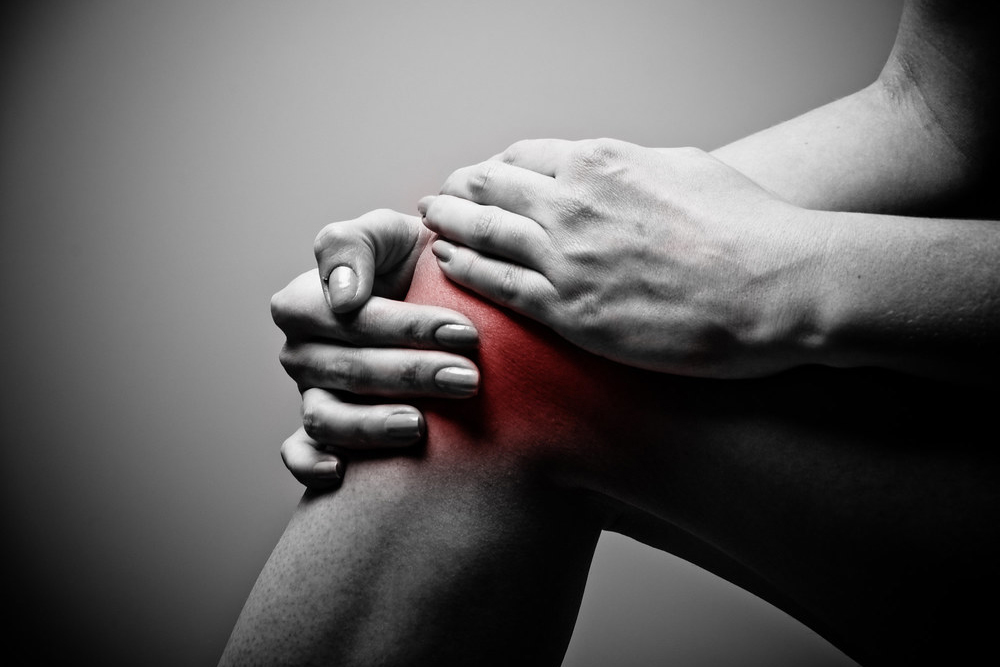Natural Solutions for Arthritis

Arthritis is an inflammatory condition of the joints, which highlights the importance of reducing inflammation in the body in order to minimise pain, discomfort and progression of the condition. Pro-inflammatory foods can worsen arthritis. However, there are several anti-inflammatory foods and spices that may provide significant relief of arthritis symptoms. The diet can, therefore, either alleviate or aggravate arthritis; it depends if the diet is more anti-inflammatory or pro-inflammatory.

Anti-Inflammatory Foods
Olive oil contains an active compound (oleocanthal) that blocks pro-inflammatory pathways related to arthritis. Include two to three tablespoons of extra-virgin olive oil per day, drizzled over salads/meals.
Oily fish (salmon, sardines, pilchards and mackerel) contain rich amounts of the anti-inflammatory Omega 3 fats. Walnuts, chia seeds and avocados are also good sources of Omega 3s. Consider a daily dose of two to three fish oil capsules, in addition to an anti-inflammatory diet, to reduce inflammation, lubricate the joints and promote ease of movement.
Raw ginger, turmeric and cinnamon are powerful anti-inflammatory spices. Raw ginger can be added to stir-fries, raw juices, marinades, dressings or herbal teas. Turmeric can be added to soups, stews, sauces and curries, along with a pinch of black pepper, which appears to enhance its absorption. Cinnamon can be sprinkled over whole rolled oats, added to warm drinks or included in baked goods.
Mix one teaspoon each of apple cider vinegar and raw honey with warm water to alkalise the body (excess acidity increases inflammation in the body).
Foods rich in antioxidants may significantly reduce pain and discomfort, so include: berries (especially blueberries and strawberries), cherries, red onions, red apples, grapes, onions, broccoli, carrots, mustard greens, spinach, lemons and kale. Green tea is also rich in antioxidants and is associated with slowing down joint cartilage degeneration.
Inflammatory Foods to Avoid
• Trans-fats: processed foods, ready-made meals, fried foods, pastries and margarine
• Processed sugars and sweeteners, table salt, pasteurised dairy and intensively farmed red meat products
• Nightshades: aubergines, tomatoes, red bell peppers and potatoes

• Refined starches: white bread, white pasta, pizza, pastries and breakfast cereals
• Gluten (protein in wheat, barley and rye products) and casein (protein in cheese and other dairy products)
• Omega 6 is an essential fatty acid, but if it’s present in excessive amounts and out of balance with Omega 3 it may act as a pro-inflammatory compound. Omega 6 is found in nuts, seeds, sunflower oil, corn oil, vegetable oils, etc. and is generally present in processed foods

Exercise and other Naturopathic practices
A sedentary lifestyle causes the fluid around joints to become thick, reducing mobility and increasing discomfort. However, intense exercise may place excessive stress on the joints, increase inflammation and worsen arthritis. It is suggested that you opt for gentle resistance exercise (Pilates, stretch band exercises, etc.), which have been shown to strengthen and lubricate joints, as well as strengthening the muscles surrounding joints to allow greater mobility and ease of movement.
Joint cartilage consists of chondroitin, glucosamine and collagen. Nutrition supplements for joint health usually contain these components, so it may be useful to include a targeted supplement alongside an anti-inflammatory diet to support joint health and mobility.
For a soothing massage oil: Heat up two tablespoons of mustard oil and mix with a few drops of ginger oil, eucalyptus oil, peppermint oil and wintergreen oil. Rub onto the sore joints to relieve pain, increase circulation and reduce inflammation. Epsom salts are rich in magnesium, a mineral that regulates pH levels and provides comfort to stiff, aching joints. Add one to two cups to a warm bath and soak for at least 15 to 20 minutes to ensure maximum absorption.


